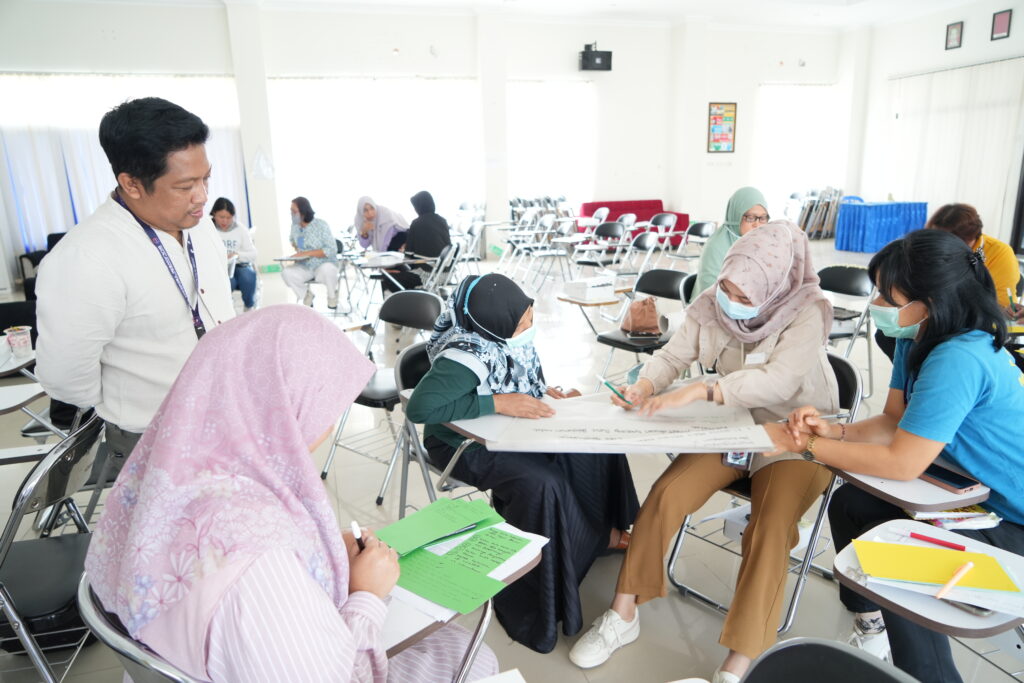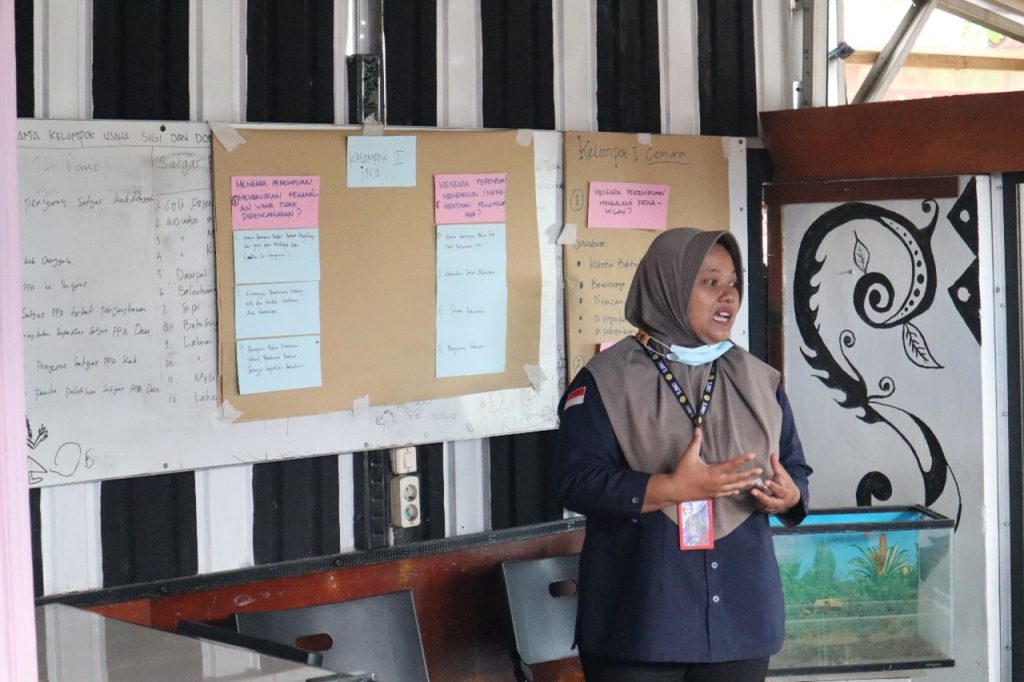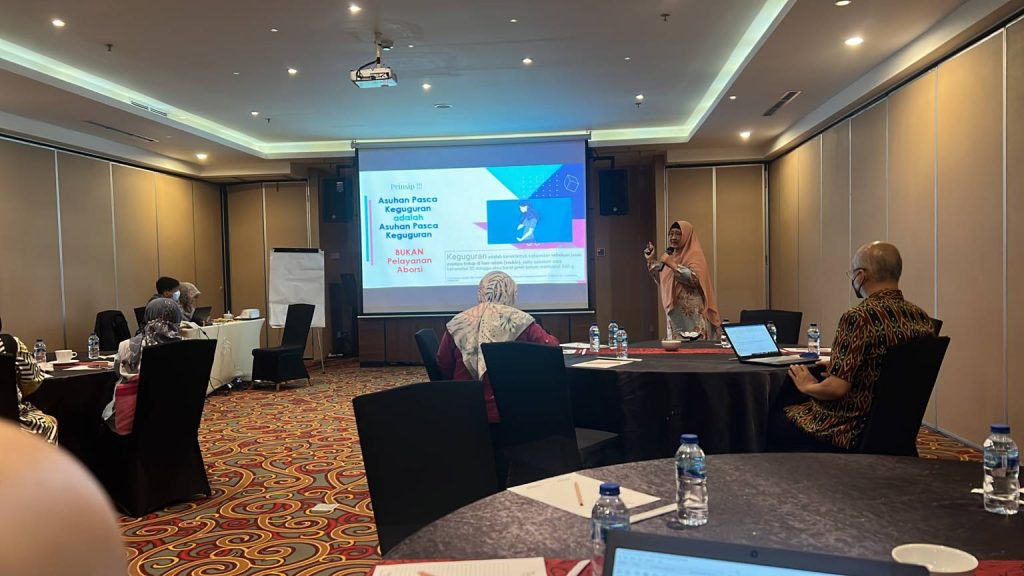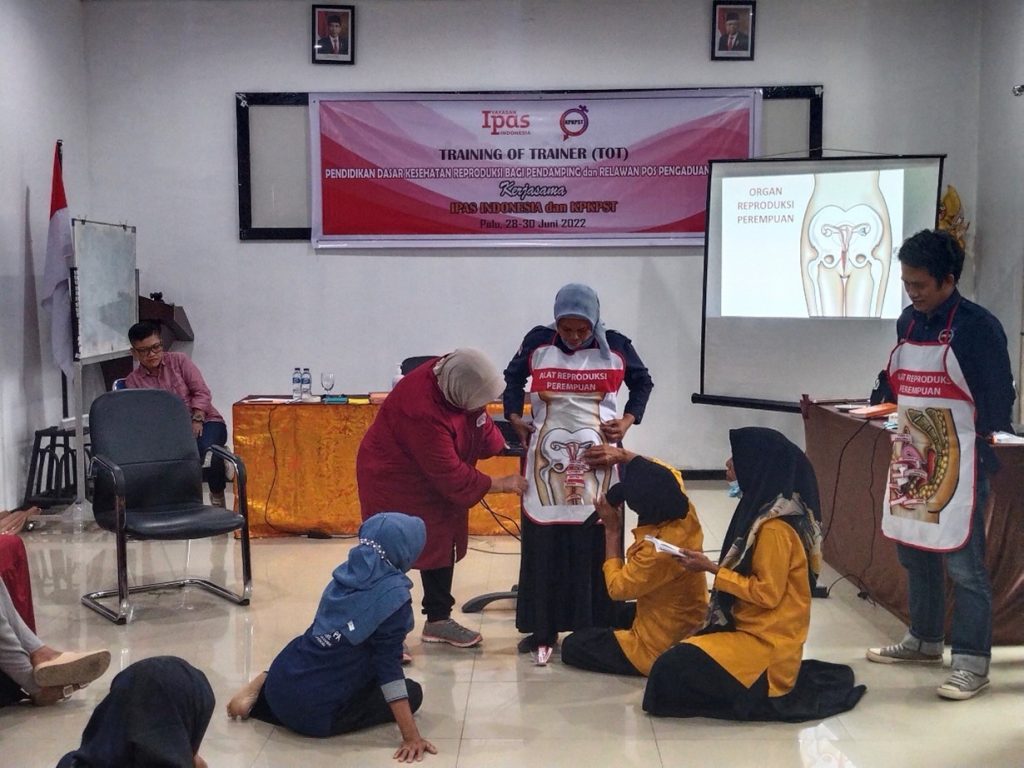IPAS Indonesia Foundation held Whole Site Orientation in 13 Puskesmas and 3 RSUDs (local hospitals) spread across Sigi, Donggala, Parigi Moutong, Central Sulawesi Province, from January to February 2025.
The Whole Site Orientation activity aims to introduce the background, objectives, and work activities within the CERAH Project to health workers and non-health workers at health facilities (faskes) in the intervention areas.
The CERAH(Climate Emergency, Reproductive Rights and Health) project was launched on November 6, 2024. The project aims to support primary health care services that are resilient to disaster situations exacerbated by the climate crisis. One of the services is related to reproductive health.
“The purpose of the Whole Site Orientation is so that all health and non-health workers at the facility can understand and support the implementation of the CERAH Project,” said Dr. Gisella Tellys, MPH, Health System Strengthening (HSS) Specialist of IPAS Indonesia Foundation.
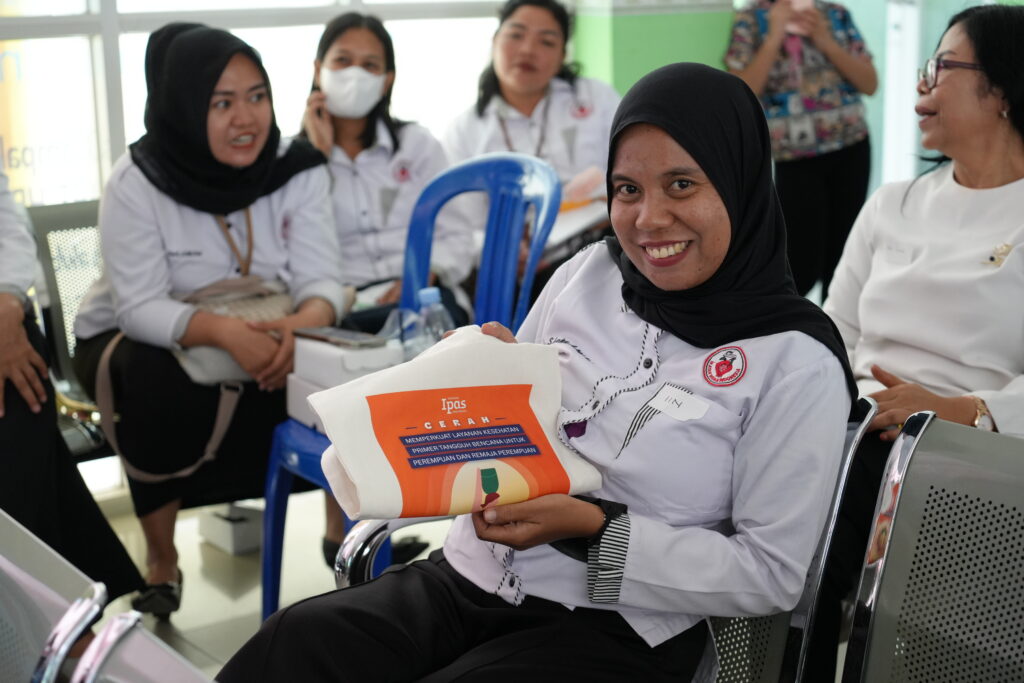
“At the end of Project CERAH, reproductive health services and services for Violence against Women and Children (VAW) and Sexual Violence (SS) must be able to continue, even in disaster situations,” he said.
On this occasion, IPAS Indonesia Foundation also held a mini Values Clarification for Action and Transformation (VCAT ) workshop in each health facility, to look at the perceptions and values held by health and non-health workers related to reproductive health and KtP/A-KS. This aims to enable health facility staff to provide services that are free of stigma, discrimination, and judgment, centered on women’s needs.
“We found that there are still many health workers with values that are not centered on the needs of women and victims. For example, the perception that the provision of contraception must be with the husband’s permission is still widely found. This shows that the understanding of women’s rights, especially Sexual and Reproductive Health and Rights (SRHR) is not yet in favor of women,” explained Dr. Gisella.
Services that favor women in accessing reproductive health are very important. And this is no less important than the clinical skills possessed by service providers.
“After the Whole Site Orientation, the CERAH Project will facilitate a series of clinical trainings on reproductive health services-especially training on contraceptive services and training on services for cases of violence against women and children-as well as training for relevant program managers,” she concluded.
